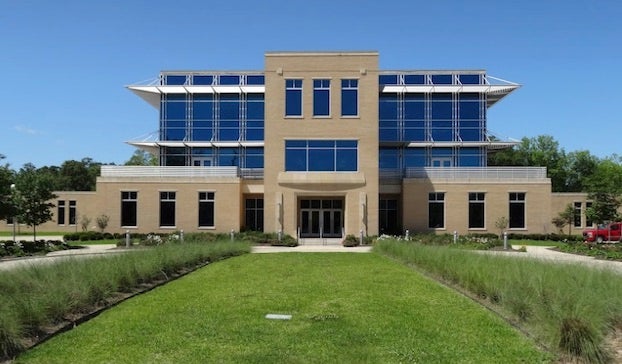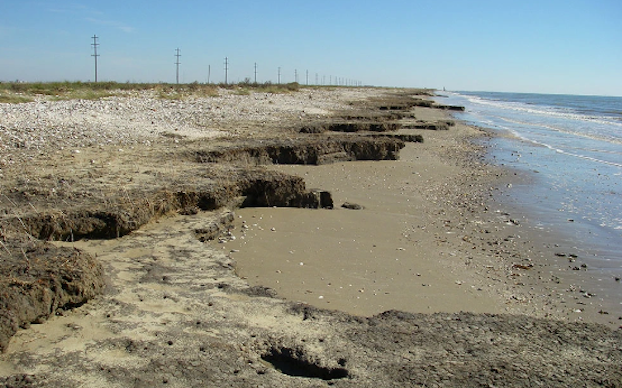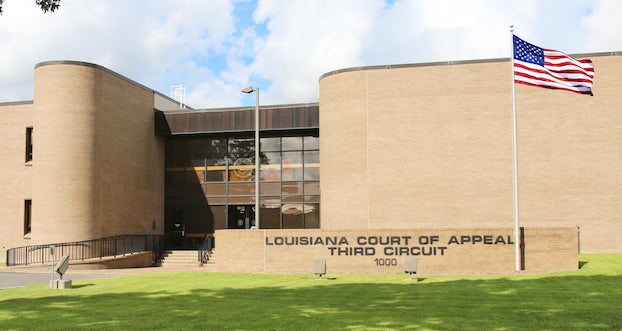Group wants restoration of TeBo Point
Published 9:32 am Wednesday, August 20, 2014
If a coastal protection group can convince the state to restore TeBo Point in Cameron, construction could begin as early as next year.
Chad Courville, land manager of Miami Corp., the company that owns much of the property in the TeBo Point area, asked the Chenier Plain Coastal Restoration & Protection Authority on Tuesday to draft a letter to the state’s Coastal Protection and Restoration Authority to take a second look at the 12-year-old proposal and move ahead with construction. Courville’s request, which the Chenier board approved, came as part of their monthly meeting in Cameron.
Located on the south bank rim of Grand Lake, TeBo Point is the final leg of a $10 million project to protect Grand Lake’s shoreline. Courville said the area is eroding at a rate of five feet per year and must be stabilized in order to protect the interior marshes.
“If that lake rim were to breach into the interior marshes, you’d have rapid shoreline loss and rapid interior marsh loss,” Courville said. “Grand Lake wants to expand from shoreline erosion and we’re trying to keep that contained.”
Courville said if CPRA agrees to move ahead with TeBo point’s restoration, construction could begin early next year and be finished within six months.
The board also approved drafting a letter to the U.S. Army Corps of Engineers voicing their opposition to the Waters of the United States bill. Introduced to Congress by the Environmental Protection Agency and the U.S. Army Corps of Engineers, the bill aims to reduce confusion about Clean Water Act protection and clarify the types of waters protected under the CWA.
Laurie Cormier, assistant planner and coastal zone manager for the Calcasieu Police Jury, said the bill will alter the definition of the waters of the United States, including surface water such as dry ditches, wetlands, narrow rivers and streams, seasonal streams and snow melt in addition to navigable waters.
“The proposed new rule calls for regulatory requirements, which will create a major burden to the parishes of Southwest Louisiana,” Cormier said. “It will cause more delays and add more paperwork and time to the parishes. It will slow down business expansion and by adding wetland mitigation to the new rule it will severely alter the benefit cost ratio on restoration projects.”





